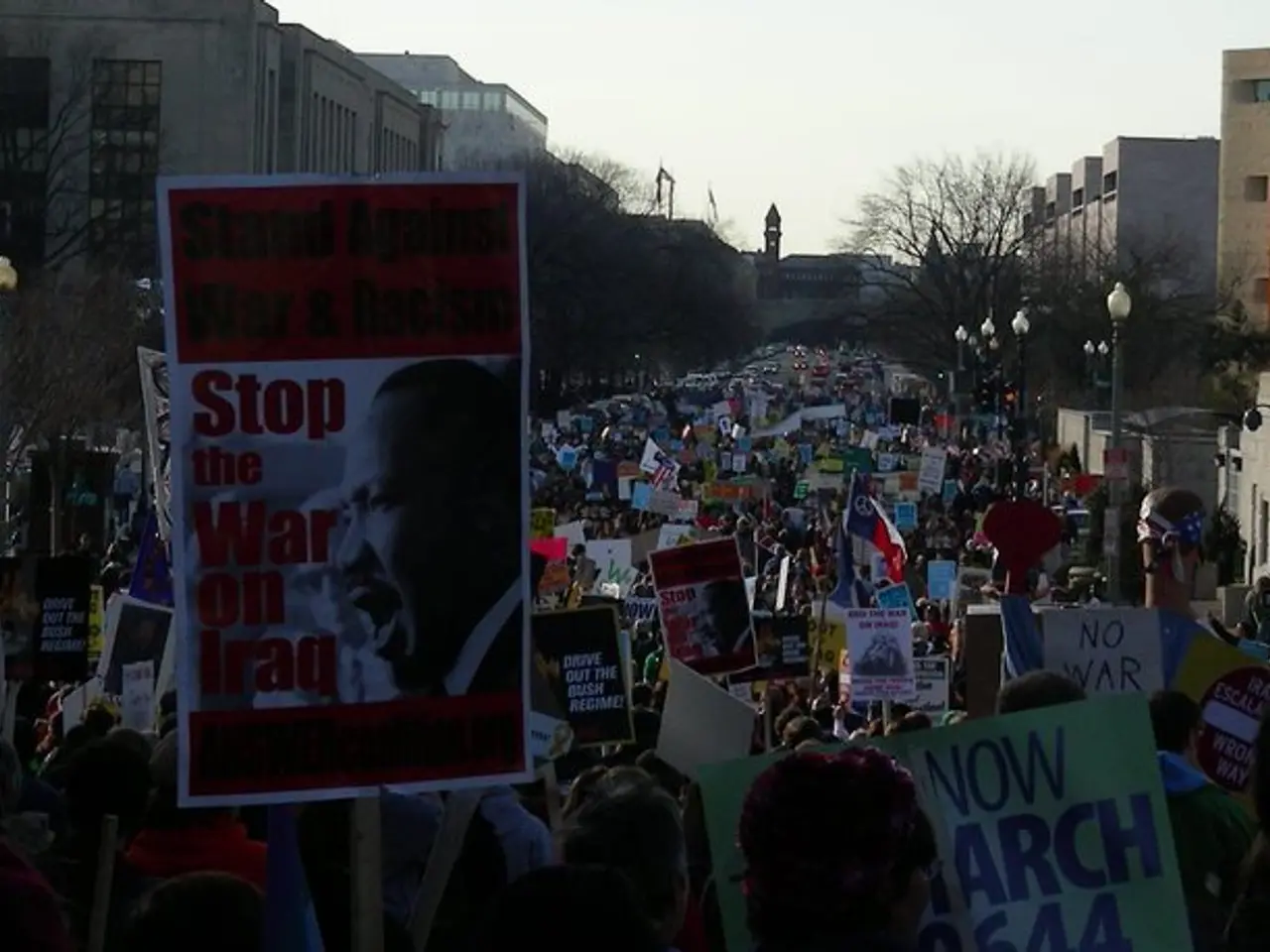Online encyclopedia Wikipedia to enact darkness tomorrow
The Stop Online Piracy Act (SOPA) and the PROTECT IP Act (PIPA), two bills aimed at combating online copyright infringement, were met with significant opposition in 2012 and have not been enacted into law. These acts targeted platforms hosting infringing content, raising concerns about internet censorship and the impact on legitimate websites.
SOPA and PIPA proposed measures such as DNS blocking of sites accused of piracy, which raised fears of restricting access to entire platforms, not just specific infringing content. In 2012, these bills were met with widespread protests, including a prominent 24-hour blackout by Wikipedia, highlighting the potential for such laws to impede freedom of expression and disrupt common internet services.
While SOPA and PIPA are not currently law, their legacy influences ongoing legislative efforts to address copyright infringement online. New proposals, such as the Block BEARD Act, seek to reinstate web-blocking mechanisms but with refined mechanisms to allow challenges and provider choice in blocking.
The core aim of SOPA and PIPA was to simplify procedures for copyright holders to protect their rights online against pirating. However, these bills faced opposition from various quarters, including internet companies and search engines, on First Amendment grounds. Protesters argued that the measures would mandate Internet companies to cut off access and linking to foreign pirate websites, and it would become illegal for U.S. companies to place ads on such websites.
Sites that rely on volunteer submissions and information sharing, like Wikipedia and Facebook, may face penalties under SOPA and PIPA, some of which are criminal. Regulations like the California Online Privacy Protection Act of 2003 may apply to these platforms if they operate commercially. Adopting a Privacy Policy and implementing data protection measures can help these platforms comply with privacy regulations.
The debate over such laws continues, balancing copyright enforcement against internet freedom and free speech. The Wikimedia Foundation reported massive traffic to its blackout version during protests against SOPA/PIPA, underscoring the bills’ direct impact on major informational platforms. Likewise, websites like Facebook and Yahoo! were concerned about the implications of such legislation on their operations—potentially being held liable for user-posted content.
However, because the bills never passed, these concerns remained largely hypothetical. The White House has objected to some of the major SOPA principles, citing concerns about freedom of expression, increased cybersecurity risk, and undermining the dynamic, innovative Internet. The Wikimedia Foundation, as a non-profit organization that uses copyrighted materials for educational purposes, would face lighter scrutiny under SOPA and PIPA.
The Department of Justice has conducted actions to shut down sites like MegaUpload, arresting four people and seizing 18 domain names and $175 million in assets. Email services may also be subject to privacy regulations, depending on their commercial status. A site owner who is a file hosting service may be at risk of legal action if a user uploads a copyrighted video.
In summary, while SOPA/PIPA themselves are not active, their legacy influences ongoing legislative efforts to address copyright infringement online, with potential impacts on large websites if similar laws are enacted in less restrictive forms. The debate over such laws continues, balancing copyright enforcement against internet freedom and free speech.
Technology and politics intertwined dramatically in 2012, as the Stop Online Piracy Act (SOPA) and the PROTECT IP Act (PIPA) proposals raised concerns about internet censorship and the potential impact on general-news and social media platforms. Fears of restricting access to entire platforms, not just specific infringing content, were sparked by proposed measures such as DNS blocking of sites accused of piracy.




